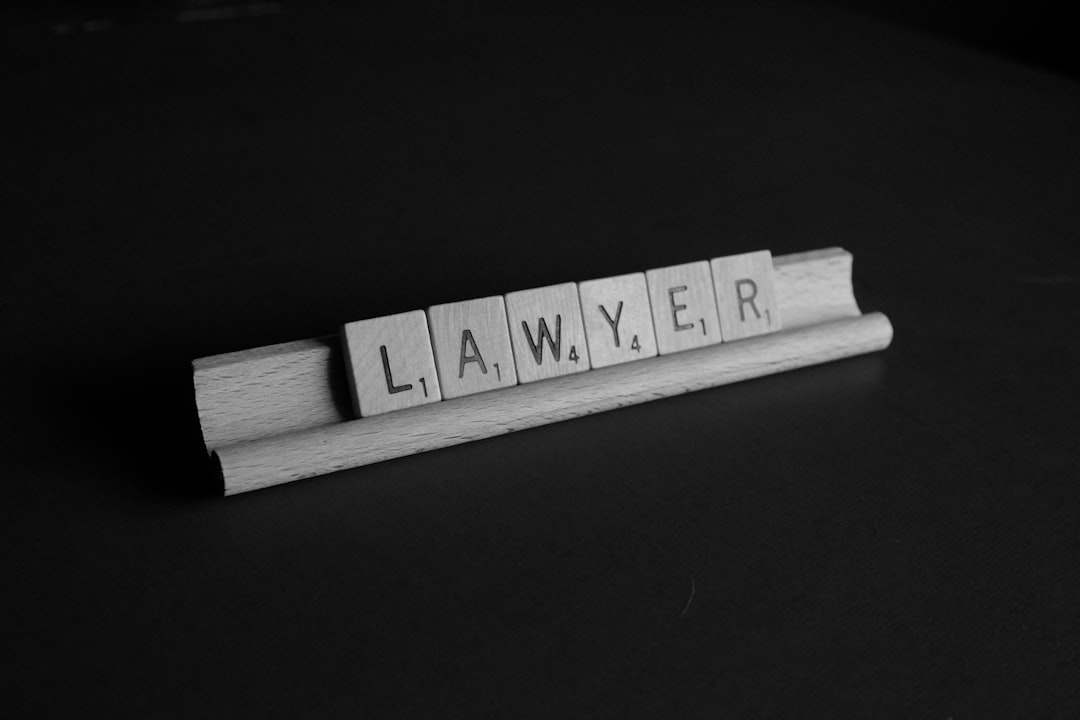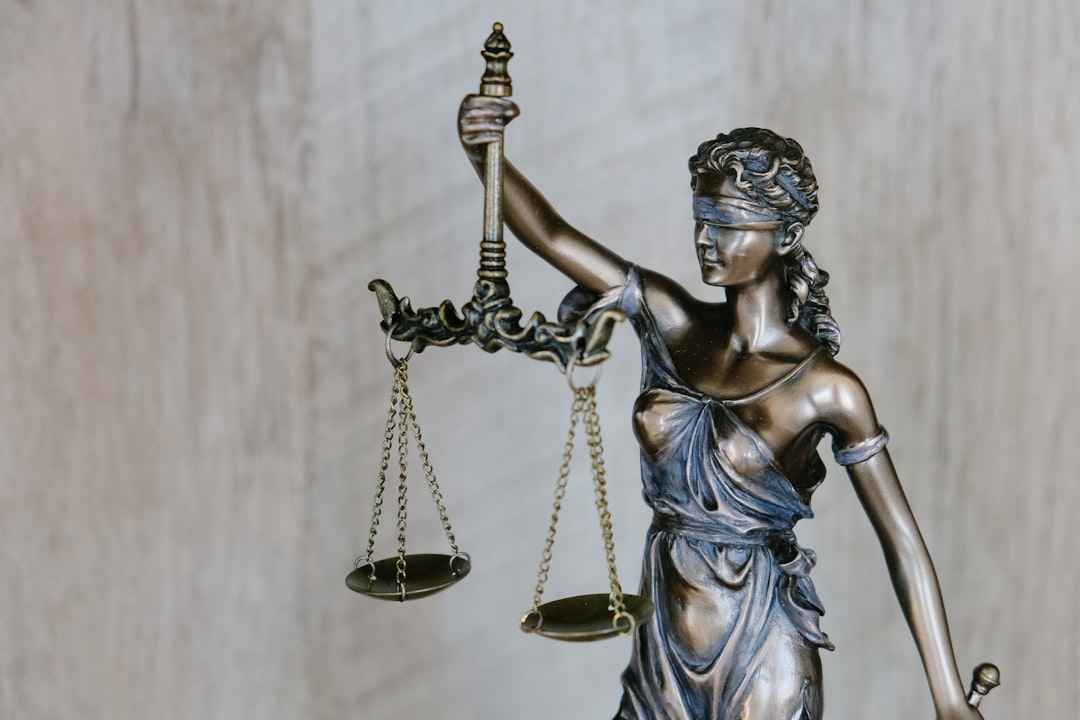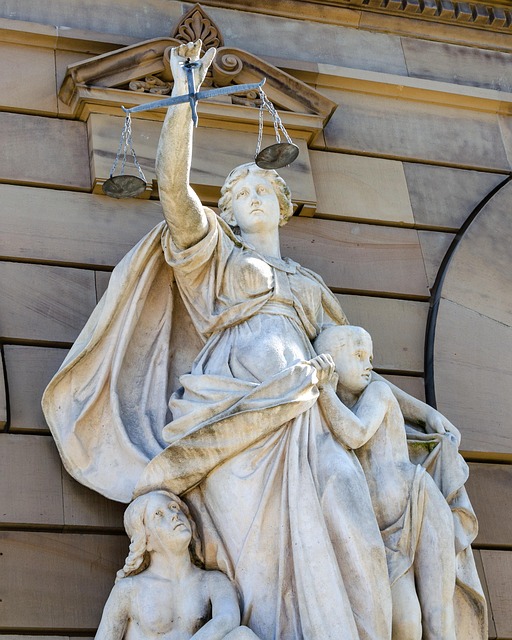Stringent child abuse reporting laws in Denver, Colorado, protect victims while empowering individuals and organizations to recognize and report suspected cases through confidential hotlines. Child abuse law firms collaborate with these hotlines to ensure swift intervention while maintaining privacy. Anyone can report abuse, and the process is straightforward. Accurate reporting is crucial; misleading reports carry severe legal consequences.
In Denver, Colorado, child abuse hotlines play a crucial role in protecting vulnerable children. This article delves into the legal aspects surrounding these hotlines, focusing on privacy and reporting considerations under the stringent child abuse laws in the state. From understanding reporting obligations to exploring privacy protections for minors, we examine key issues faced by parents, caregivers, and legal professionals. Knowing the rules is essential, especially for those seeking guidance from top-rated child abuse law firms in Denver CO.
Understanding Child Abuse Reporting Laws in Denver
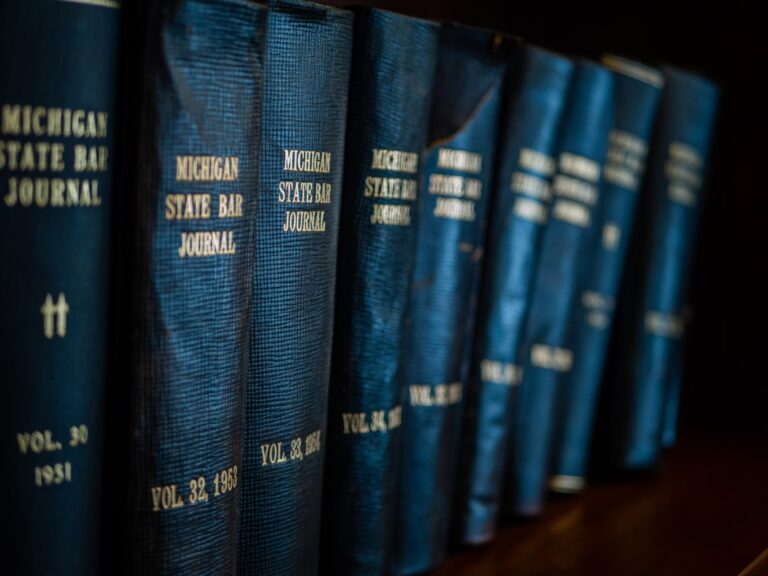
In Denver, Colorado, child abuse reporting laws are stringent and designed to protect both victims and the community at large. These laws empower individuals and organizations, including schools, hospitals, and law enforcement agencies, to recognize and report suspected child abuse or neglect. The primary goal is to ensure the safety and well-being of children by facilitating swift intervention from relevant authorities.
Child abuse law firms in Denver CO play a crucial role in navigating these legal requirements. They guide reporters through the necessary steps, ensuring compliance with state laws while maintaining the confidentiality of sensitive information. Understanding the legal framework surrounding child abuse reporting is essential for anyone who encounters situations that may signal potential harm to a child. This includes recognizing the signs of physical, emotional, or sexual abuse and knowing how and whom to contact without compromising privacy rights.
The Role of Privacy Laws in Protecting Children
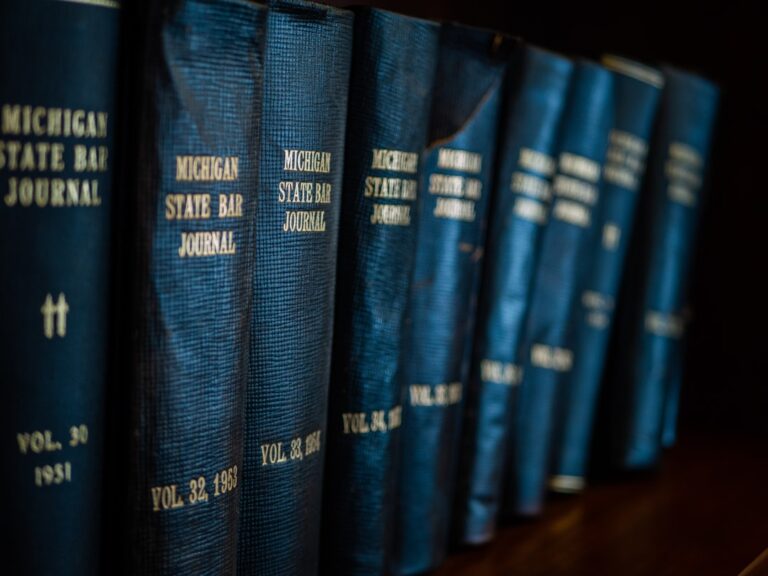
Privacy laws play a pivotal role in protecting children who are victims of abuse or neglect. In Denver, Colorado, these laws are designed to ensure that sensitive information shared with child abuse hotlines remains confidential. This includes not only personal details about the victim but also any information that could potentially lead to their identification. The Children’s Privacy Protection Act (CCPA) and similar state-level regulations guide these hotlines in handling data responsibly, safeguarding children from further harm, and ensuring their well-being is prioritized above all else.
Child abuse law firms in Denver CO often collaborate closely with these hotlines, leveraging their expertise to navigate the legal complexities surrounding privacy and reporting. These professionals help establish protocols that facilitate timely reporting while preserving the confidentiality of victims, fostering an environment where children can come forward without fear of exposure or reprisal. This delicate balance is crucial for effective intervention and long-term support for affected individuals.
Who Can Report Suspected Child Abuse?

In Denver, Colorado, anyone can report suspected child abuse or neglect to the appropriate authorities. This includes parents, guardians, caregivers, teachers, healthcare providers, and even strangers who witness or become aware of potentially harmful situations. The Child Abuse Law Firms in Denver CO emphasize that reporting is a crucial aspect of protecting children’s well-being. Anyone who observes signs of physical, emotional, or sexual abuse, neglect, or any form of maltreatment should act swiftly. This can be done by contacting the local child protective services or the police department, who are trained to handle such cases sensitively and confidentially.
The laws in Denver protect both the reporting individual and the potential victim(s) while ensuring that relevant authorities receive timely information. The identity of reporters is typically kept confidential, especially when it comes to child abuse hotlines, to encourage people to come forward without fear of repercussions or judgment. This anonymity is a cornerstone of the protection process, enabling individuals to do what’s right for the child’s safety without compromising their own privacy.
Process and Timeframes for Hotline Reporting

In Denver, Colorado, the process for reporting suspected child abuse via a hotline is straightforward but time-sensitive. When an individual suspects child abuse or neglect, they can contact one of the dedicated hotlines operated by local authorities or recognized child welfare organizations. These hotlines are staffed 24/7 by trained professionals who assess the situation and determine the appropriate course of action based on the information provided. The primary goal is to ensure the safety and well-being of the child involved, which often requires swift intervention.
Timeframes for reporting vary depending on the severity and nature of the suspected abuse. In urgent cases, immediate action is taken, and authorities may respond within hours. Less severe incidents might prompt a more detailed investigation, which can take several days or weeks. Child abuse law firms in Denver CO often advise clients to document all interactions with hotlines and authorities for future reference and to facilitate any legal proceedings that may arise from the report.
Legal Implications for Misleading or False Reports

Misleading or false reports of child abuse can have significant legal implications. In Colorado, including Denver, such actions are not only unethical but also potentially criminal under various statutes designed to protect children and maintain the integrity of reporting systems. Child abuse law firms in Denver CO emphasize that anyone making a report must do so in good faith, providing accurate and truthful information. Any deliberate falsehoods or exaggerations could lead to civil lawsuits if the reported abuse does not exist, as well as criminal charges if such reports cause harm or unnecessary intervention into families.
The consequences for misleading reports can include not only financial burdens but also damage to personal reputations. Individuals who make false allegations may face legal repercussions, and those falsely accused can pursue legal action for defamation or malicious prosecution. Therefore, it’s crucial for anyone utilizing child abuse hotlines in Denver or elsewhere to ensure their reports are accurate and based on observed or known facts.

